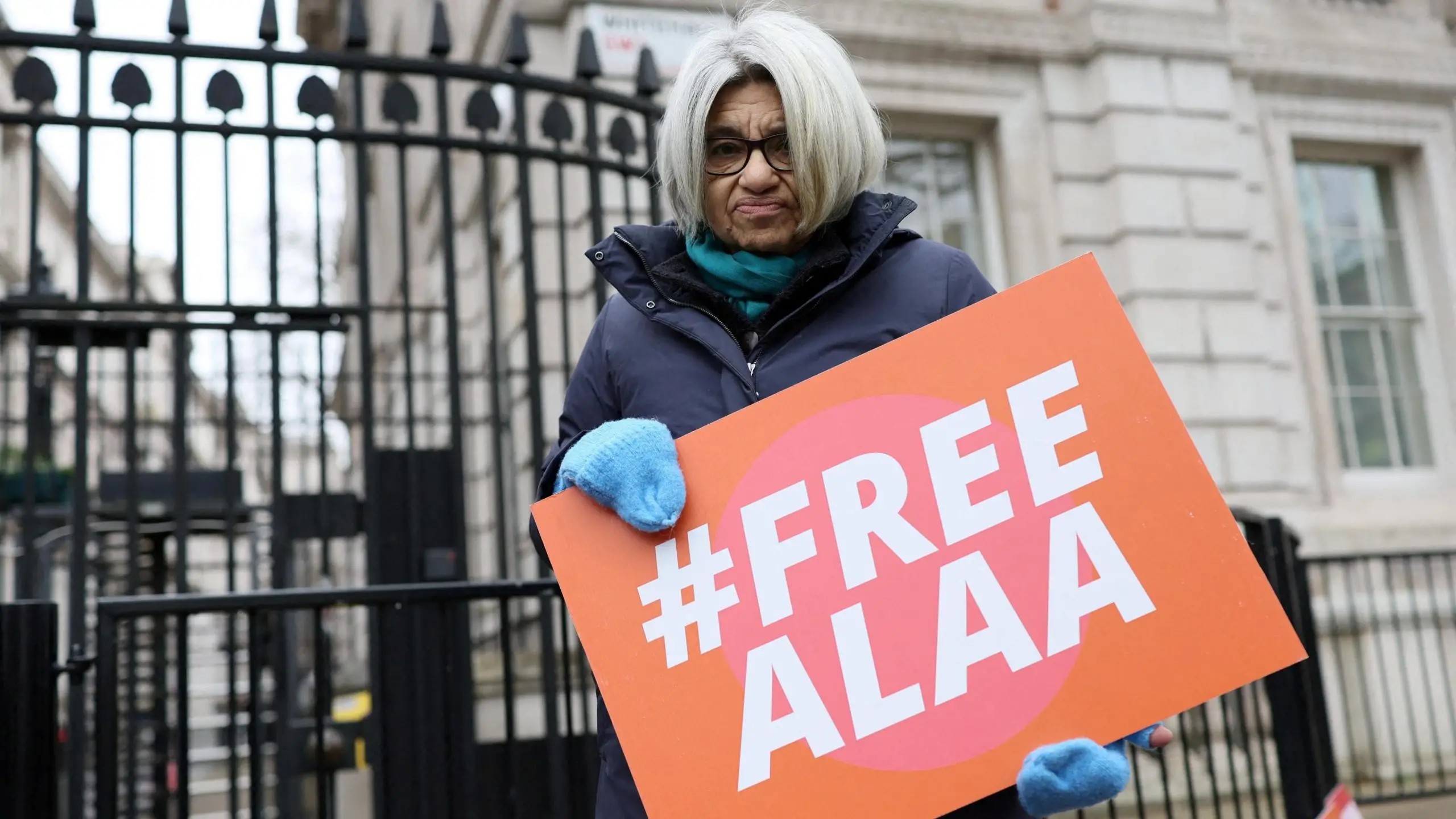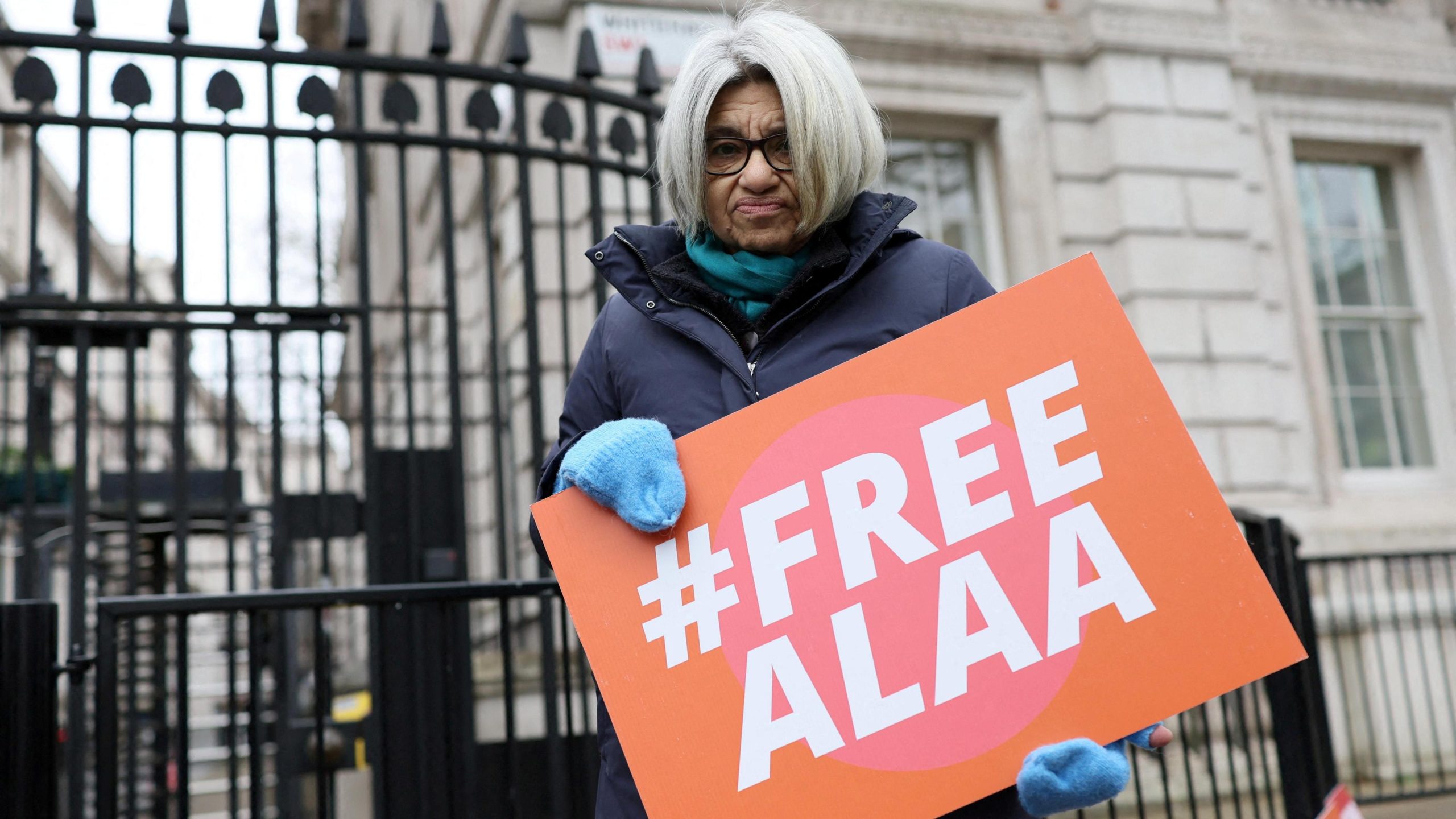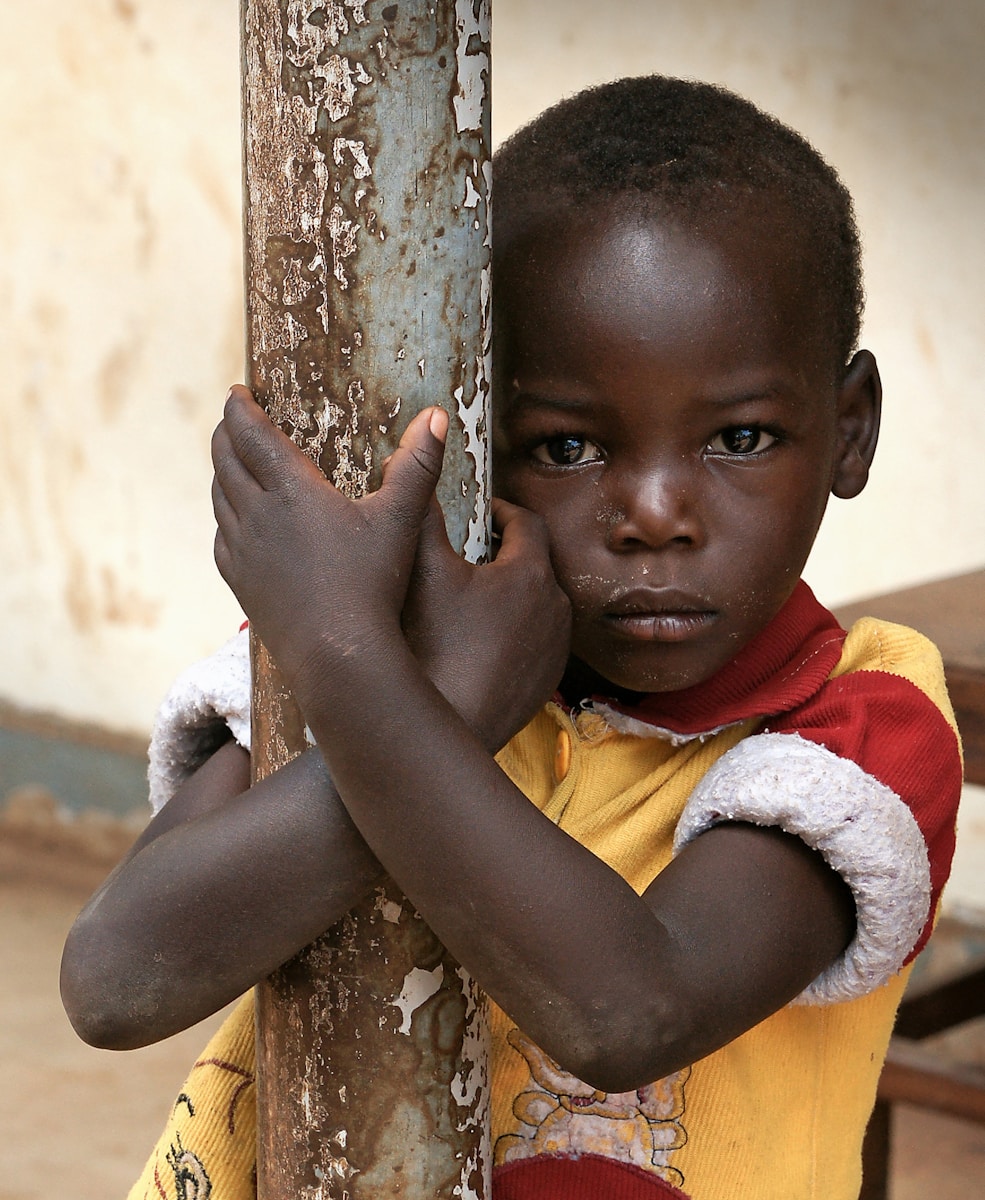Must Laila Soueif Die Before Justice Is Served?
Laila Soueif, a respected academic and human rights activist, is on hunger strike in London in a desperate plea for the release of her son, Alaa Abd el-Fattah — one of Egypt’s most prominent political prisoners. Her health is rapidly deteriorating, and the silence from the international community, especially the British government, is deafening. The question now isn’t just about Alaa’s freedom, but whether his mother must die to awaken global conscience.
This heart-wrenching scenario highlights not only the cruel indifference of Egyptian authorities but also the moral failing of the UK, which continues to maintain diplomatic pleasantries while a British-Egyptian citizen is imprisoned and tortured. It is a test of values — can Britain uphold its human rights commitments when confronted with an autocratic ally? Or will geopolitical interests always trump human dignity?
Alaa Abd el-Fattah’s case is not an isolated incident; it represents the grim reality of Egypt’s judicial system, where due process is often absent and political dissent is treated as criminal behavior. His continued detention despite numerous legal appeals and international campaigns exposes a regime unafraid of consequences. The brutality is clear — psychological torment, solitary confinement, denial of books and family visits — all crafted to break his spirit.
Laila Soueif Hunger Strike: A Cry for Justice
The hunger strike undertaken by Laila Soueif is more than a personal sacrifice; it is a bold act of resistance against injustice. In London, far from home, she risks her life to demand that the UK government take a firmer stance on Egypt’s human rights violations. Her plight has sparked conversations among human rights groups and activists worldwide, urging governments to stop turning a blind eye.
The UK’s response so far has been cautious, prioritizing diplomatic relations over the urgency of the crisis. Yet, this hesitation only emboldens authoritarian regimes to continue oppressive tactics with impunity. The world is watching, and many wonder if Britain will align with its proclaimed values or compromise them for strategic interests.
International law and human rights frameworks mandate that governments protect their citizens, especially when detained abroad under questionable circumstances. Laila’s hunger strike highlights the urgent need for Britain to impose targeted sanctions on Egyptian officials responsible for political repression. Failure to act signals tacit acceptance of abuses and undermines the rule of law globally.
International Pressure: Why the UK Must Lead
The United Kingdom holds significant influence in international diplomacy, yet it has been hesitant to leverage this power in the case of Alaa Abd el-Fattah and Laila Soueif’s hunger strike. This inaction risks sending a dangerous message to authoritarian governments that human rights abuses will be overlooked if politically convenient.
Human rights organizations worldwide have called for urgent sanctions and diplomatic pressure against Egypt, emphasizing the UK’s unique position to lead this effort. Sanctions targeting specific officials responsible for repression could be a powerful tool to force change without harming the broader Egyptian population.
Moreover, public support within the UK for stronger action is growing, as awareness spreads about the plight of political prisoners like Alaa. The government faces increasing demands from civil society to align its foreign policy with its commitment to human rights and justice.
Human Rights Violations in Egypt: The Bigger Picture
The case of Alaa Abd el-Fattah and his mother Laila Soueif is emblematic of a larger pattern of systematic human rights abuses in Egypt. Thousands of political prisoners face arbitrary detention, torture, and unfair trials. Independent organizations like Amnesty International and Human Rights Watch have documented these violations extensively, yet change remains slow and elusive. The international community’s muted response has allowed these abuses to persist unchecked, emboldening authoritarian practices that undermine democracy and basic freedoms.
For families like Soueif’s, each day is a struggle against an oppressive system that disregards human dignity. The hunger strike is a desperate last resort to force attention on these injustices. It calls for urgent and meaningful intervention beyond diplomatic rhetoric. This is a critical moment where international solidarity could help protect lives and promote accountability.
The Role of Sanctions: A Tool for Change
Sanctions are often misunderstood as blunt instruments; however, targeted sanctions can pressure specific individuals and entities responsible for abuses without harming innocent civilians. In Egypt’s case, imposing sanctions on security officials and judicial actors involved in political repression could send a clear signal that violations will not be tolerated.
The UK’s leadership in adopting such measures could inspire other nations to follow suit, creating a coalition to demand justice and respect for the rule of law. Past examples show that consistent international pressure can yield positive results, and failure to act risks normalizing impunity.
Domestic Pressure and Civil Society in the UK
British civil society has been increasingly vocal in demanding action. Human rights groups, advocacy organizations, and concerned citizens have organized rallies, petitions, and campaigns supporting Laila Soueif’s cause. Parliamentarians across party lines have raised questions, calling for a reassessment of UK-Egypt relations in light of ongoing abuses.
This groundswell of support reflects a growing recognition that foreign policy must align with ethical standards. The government’s failure to respond adequately undermines public trust and damages the UK’s reputation as a defender of human rights on the global stage.
The Personal Cost: Sacrifice and Hope
Beyond political calculations, the human cost of this struggle is profound. Laila Soueif’s hunger strike is a painful embodiment of a mother’s love and determination to save her son. It reminds us that behind every political prisoner is a family enduring unbearable pain and uncertainty.
Her sacrifice has galvanized activists and citizens worldwide, inspiring renewed commitment to justice. It is a call to action that transcends borders — a reminder that standing up for human rights is a shared responsibility.
Conclusion: Urgent Action Needed Now
The hunger strike of Laila Soueif is a stark call to conscience. It demands that the UK and the international community move beyond words and take decisive action to secure the release of Alaa Abd el-Fattah and others unjustly detained. Imposing targeted sanctions, increasing diplomatic pressure, and supporting civil society are critical steps to uphold justice and human dignity.
As citizens and governments, we face a choice: to act with courage and conviction or to remain silent in the face of oppression. The time to choose is now. Let Laila Soueif’s sacrifice not be in vain — let it mark the moment when the world stood up for justice.
For more insights, visit our related article: Human Rights Activism in Egypt: A Growing Movement.
Source: The Guardian





